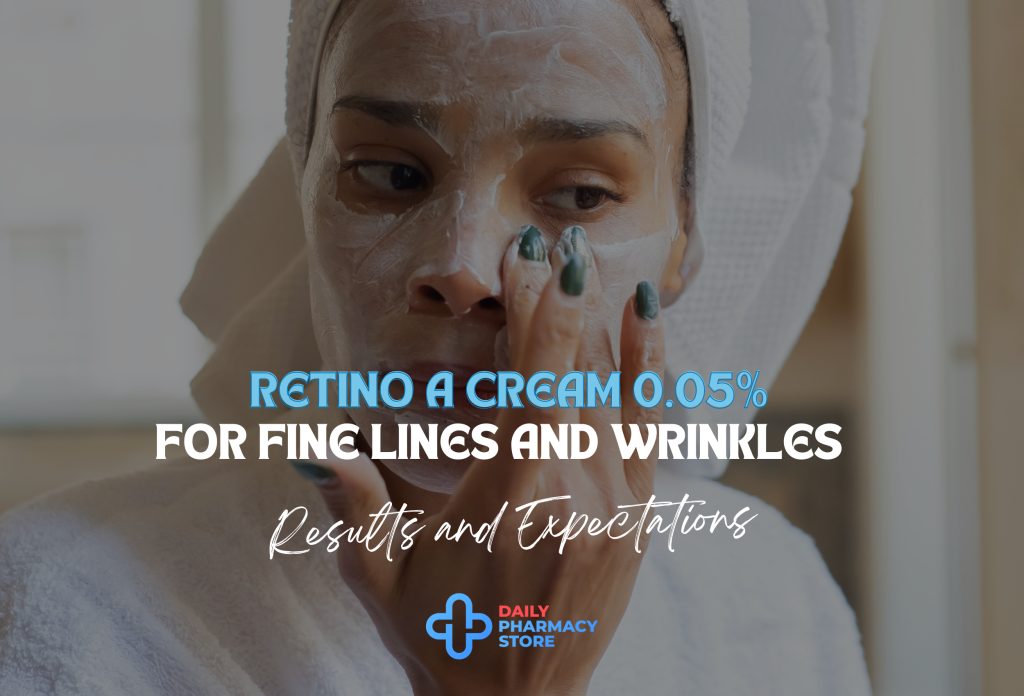Skincare stores sell many retinol-containing products, fluctuating from serums and moisturizers to guises and eye creams.
Objective
This assessment aims to critically appraise the randomized, double-anonymized, vehicle-controlled trials of over-the-counter retinol foodstuffs in treating facial skin aging to assess signs regarding their efficacy.
Methods
A PubMed exploration was conducted for relevant clinical trial books, using the terms “retinoid,” “tretinoin,” “retinol,” “retinal,” and “retinaldehyde,” besides “skin.”
Results
Nine randomized, double-anonymized, vehicle-controlled clinical trials were found. Four trials reported no statistically significant differences between the retinol-containing treatment and the vehicle. The lingering five trials provide weak evidence for retinol potentially having a mild amending effect on fine facial skin wrinkle lines only. However, these five trials showed major methodological defects, which were unsympathetically analyzed in this review, calling into question the rationality of any positive results.
The term “retinoid” covers a family of chemical compounds that are standard or synthetic vitamin A derivatives, allocating structural and functional similarities through this vitamin. Retinol is the main socializing form of vitamin A in the body, retinoic acid is its primary active metabolite, and the vitamin is kept in the liver in various retinyl ester procedures.
The structural changes between the compounds are reported by the polar end-group, which is hydroxyl in retinol, aldehyde in retinals, carboxylic acid in retinoic acid, and a variety of phenylacetates in the retinyl esters, correspondingly.1 Retinoic acid, the biologically active method of vitamin A, is converted from retinol to retinyl esters through several enzymatic steps involving oxidation besides hydroxylation.
Over 2,000 offshoots of vitamin A have been synthesized since 1955, confidential into three generations.1 The first group includes the naturally occurring, nonaromatic retinoids, which comprise retinol, retinal, isotretinoin, and tretinoin. The second-generation retinoids are mono-aromatic compounds with etretinate and acitretin.

Lastly, the third-generation retinoids are formed by cyclization of the polyene side chain besides include adapalene and tazarotene; these molecules have a more unbending structure than the first- and second-generation retinoids, which kinds they bind to a finer set of receptors.
Tretinoin is a fake retinoic acid and is the retinoid most extensively explored in treating facial skin (photo-)aging.3 For the rice wine of clarity, in this paper, the term “tretinoin” will be rummage-sale to refer to the biologically active retinoid permitted by the United States Food besides Drug Administration (FDA), while “retinol” willpower be the term used here for nonprescription vitamin A byproducts, commonly found in cosmetic skincare products, with the aces most often used listed in Table. Determining the many chemical alterations of the retinol molecule worries most attempts to increase the stability of the complex.
Active retinoic acid is the best-known facial skin anti-aging treatment accessible today. There is a high-level scientific sign, dating back decades, showing the histologic effects of tretinoin on collagen synthesis, fibroblast activity, and the hangup of matrix metalloproteinases. However, there are scarce high-quality studies supporting the benefit of these foodstuffs as anti-aging treatments, despite many retinoic acid formulations being approved by the FDA for the action of fine facial wrinkle lines.
In 2000, Renova® (tretinoin 0.02%) established FDA approval to “justify fine facial wrinkles in patients who use comprehensive skincare and daylight avoidance programs.” The FDA-accepted labeling states that” Renova®…does not eradicate wrinkles, repair sun-damaged skin, contrary photoaging, or restore more youthful or younger skin.” Indeed, out of the five medical trials submitted to the FDA, only two showed a statistically significant improvement in the arrival of fine lines, while none demonstrated efficiency for any other signs of facemask skin (photo-)aging.
If industrial under inert atmospheric conditions and kept in aluminum tubes at less than 20°C, retinol can be even in a formulation for more than six calendar months.
However, enhancing skincare products containing retinol usually are not manufactured or stored in this means, making it likely that the vitamin A1 in these products has very little, if any, consequence when applied to the skin. The impression of the vehicle on penetration and steadiness of the retinol in a formulation is also critical.
Online skincare stores sell many retinol-containing products, ranging from serums and moisturizers to covers and eye creams. Performing an exploration for “retinol” on a popular beauty website produces more than 250 products, ranging in worth from £4.20 for a 30-mL fluid to £210 for a 50-mL cream.
The inquiry that many consumers rightly ask themselves is: Are these foodstuffs at all effective? As that many of the products are more expensive than the corresponding amount of treatment tretinoin, sometimes, even when adding in the cost of a nearsighted dermatologist to get the medicine, is it worth purchasing them as an alternative to obtaining a tretinoin prescription?
This review determines to appraise the current randomized, double-anonymized, vehicle-controlled, critically court-martials of over-the-counter enhancing retinol products in the treatment of makeover skin aging to assess the level of signs regarding their efficacy.
Conclusion
It can be recommended that, in the case of retinol, the “positive” court-martial should not inform clinical decision-making but may serve as a tool for promotion. Until at least one high-quality clinical trial by retinol-containing foodstuffs in the treatment of (photo-)aged skin is printed, there is very little, if any, trustworthy sign available to support the use of over-the-counter enhancing retinol-containing products to improve the entrance of aged skin.
























































